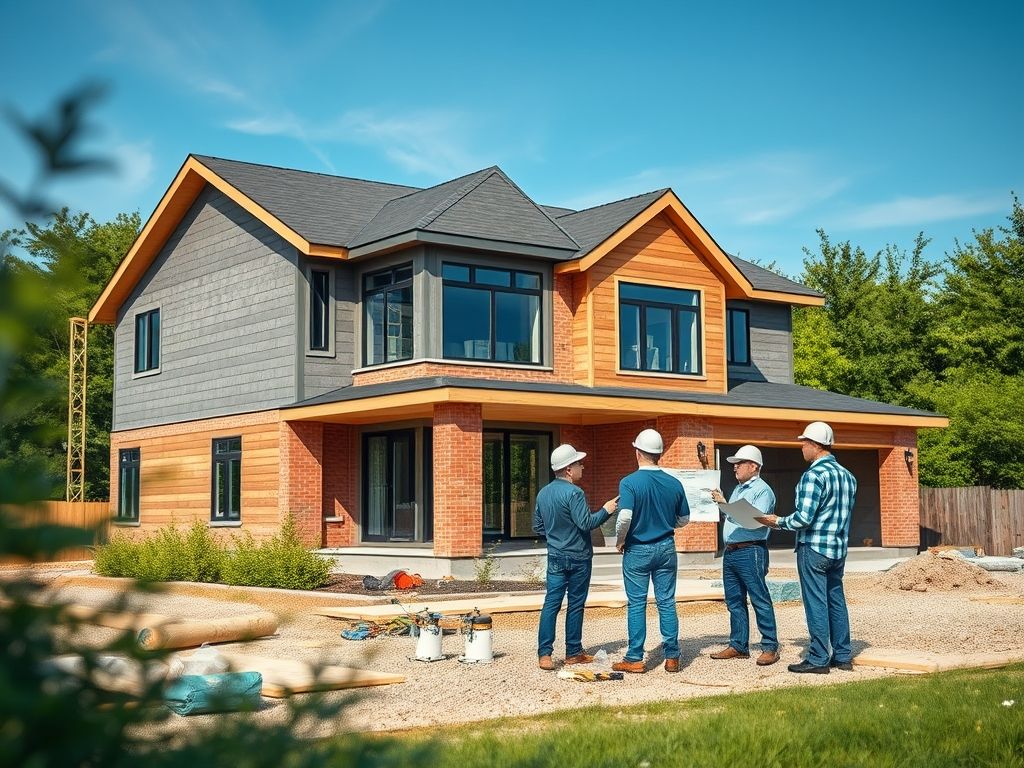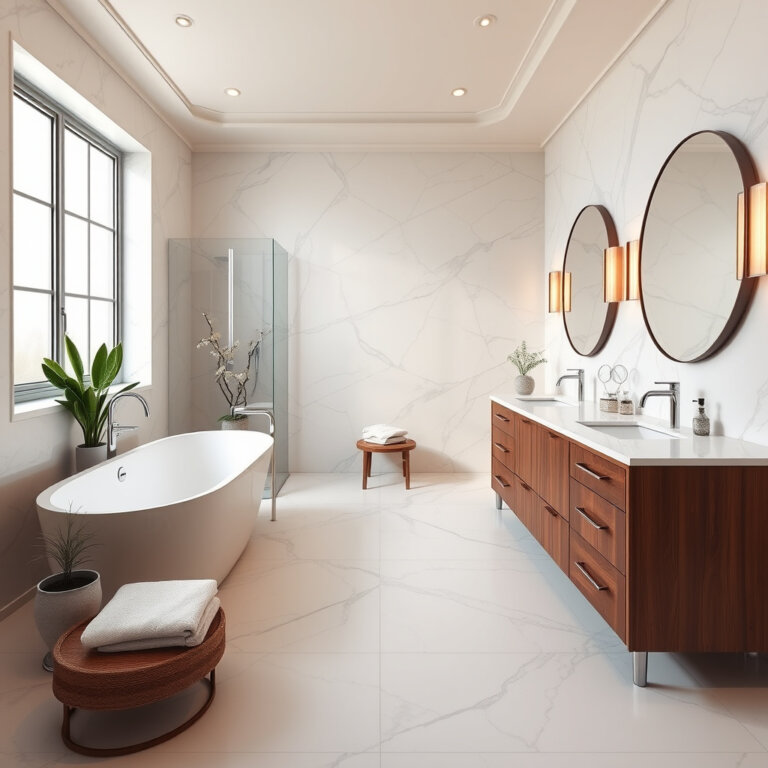What is Custom Homes?
Custom homes are uniquely designed residences tailored to meet the specific needs and preferences of homeowners. Unlike traditional homes, which are built from standard plans, custom homes offer the flexibility to create a one-of-a-kind living space. In Massachusetts, where architectural styles and personal tastes vary widely, custom homes allow homeowners to express their individuality while ensuring comfort and functionality.
Understanding the Importance of Custom Homes
Custom homes play a crucial role in the construction and home renovation landscape. They not only reflect the homeowner’s personal style and lifestyle but also enhance property value. In areas like Boston and Worcester, the demand for custom homes is on the rise as real-estate investors and families seek to create spaces that cater to their unique needs.
Key Features of Custom Homes
- Design Flexibility: Homeowners can choose everything from the layout to the materials used, ensuring their home is a true reflection of their personality.
- Energy Efficiency: Many custom homes incorporate modern technologies and sustainable practices, leading to reduced energy costs.
- Location: Homeowners can select plots in desirable areas, optimizing their living experience.
- Personalized Amenities: Features such as custom kitchens, home offices, and outdoor living spaces can be included based on individual preferences.
How to Build a Custom Home in Massachusetts
Building a custom home involves several steps, and understanding this process can help streamline your journey. Here’s how:
1. Define Your Vision
Start by outlining what you want in a custom home. Consider factors like size, style, and specific features that are important to you. In Massachusetts, you can find inspiration from local architectural styles, ensuring that your design fits the regional aesthetic.
2. Set a Budget
Establishing a budget is crucial. Custom homes can vary widely in cost, depending on design choices and materials. It’s essential to account for all aspects, including land acquisition, construction costs, and permits.
3. Choose the Right Builder
Selecting a reputable custom home builder in Massachusetts is key to a successful project. Look for contractors with experience in custom builds and positive reviews from previous clients. Ask for portfolios and references to gauge their work quality.
4. Finalize Your Design
Work closely with your builder and an architect to finalize the design. This stage often includes selecting materials and making adjustments to ensure the home meets your expectations.
5. Obtain Permits and Begin Construction
Your builder will help obtain the necessary permits to comply with local regulations. Once everything is in place, construction can begin!
Benefits of Custom Homes
Custom homes offer a range of benefits that can significantly enhance your living experience. Here are some notable advantages:
- Tailored Living Space: Every aspect of the home can be customized to fit your lifestyle, from room sizes to layout.
- Quality Control: Homeowners can choose high-quality materials and construction techniques, leading to a more durable and aesthetically pleasing home.
- Increased Resale Value: Custom homes often appreciate more in value due to their unique features and high-quality construction.
- Community Integration: Building a custom home allows you to select a neighborhood that fits your lifestyle and preferences.
Real-World Applications of Custom Homes
Understanding the concept of custom homes goes beyond theoretical knowledge; it translates into practical applications that can enhance everyday life. Here are some examples of how custom homes benefit homeowners:
- Family Needs: A family with young children might prioritize open spaces and safety features, while a retired couple may focus on accessibility and ease of maintenance.
- Home Office Space: With the rise of remote work, many homeowners are incorporating dedicated office spaces into their custom designs, allowing for productivity without leaving home.
- Outdoor Living: Custom homes can include unique outdoor features like patios, gardens, and pools, tailored to enhance the homeowner’s lifestyle.
Related Concepts
Understanding custom homes also involves knowing related concepts that can influence your decisions:
- Architectural Design: The art of designing buildings, which is crucial in creating a custom home that is both functional and beautiful.
- Interior Design: Involves planning the interior layout and decoration of custom homes, ensuring they meet the homeowner’s style and comfort requirements.
- Home Renovation: Custom homes often blend renovation elements, allowing homeowners to update existing structures with new designs.
Conclusion: The Value of Custom Homes
Custom homes represent a significant investment in both financial and personal terms. They offer homeowners in Massachusetts the opportunity to create a living space that is not only functional but also a true reflection of their style and needs. By understanding what custom homes entail, potential homeowners and investors can make informed decisions that lead to more satisfying living experiences.
Final Thoughts
As you consider building a custom home, reflect on how this journey can transform your living environment. Embrace the opportunity to create a space that truly feels like home, tailored to your unique lifestyle and preferences.







